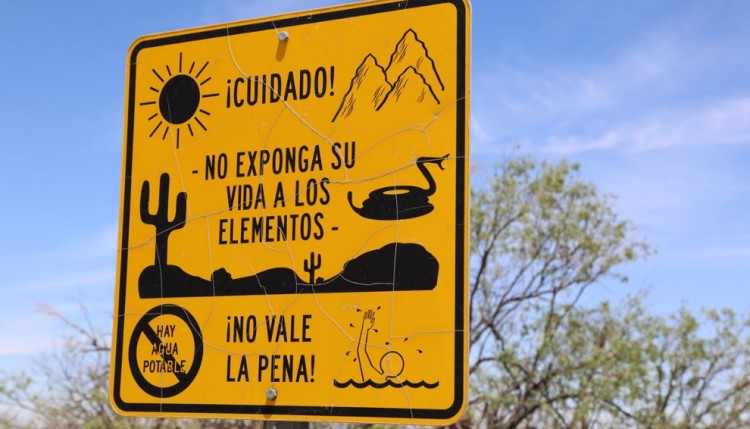
Just Wait in Line!
The immigration politics panel consisted of two speakers, Philip Wolgin and Alex Nowrasteh. Wolgin is the managing director for the immigration policy team at the Center for American Progress and Nowrasteh is the immigration policy analyst at the Cato Institute’s Center for Global Liberty and Prosperity. These two speakers talked about immigration myths, border enforcement, and possible immigration reforms.
It is widely believed that undocumented immigrants take the easy way into the United States and should just “wait in line” to apply for their green card or citizenship. That is not the case as Nowrasteh pointed out that there are only four ways to receive a green card and being a low skilled worker with no family in the United States isn’t on the priority list. People will find ways to get into the US. This includes people being smuggled and people paying higher prices to be smuggled or helped into the US. Wolgin believes that talking about border security is not the most important thing, we need to be talking about immigration reform because this will address the problem directly. The speakers both agreed that border security has created problems, not stopped them. Deaths at the border have increased significantly and although making it harder and more dangerous to get into the United States it still isn’t deterring people from coming in.
Massey, Durand, and Pren found that the increase in border security backfired. They explain that increase in border security made undocumented immigrants to “adjust their border-crossing strategies while continuing to migrate to readily available jobs in the United States” (p. 1564). As the speakers mentioned during the panel, undocumented immigrants will find a way in the United States even though it is harder than it used to be. It was not a deterrence and border security should not the first thing to jump to when discussing immigration policy. Massey et al. also mentioned that “as a result, the hardening of the border at one location will lead migrants to shift to new, less patrolled, likely more remote, and riskier crossing sites and to make more frequent use of coyotes and pay them more for higher quality and more effective services” (p. 1564). Wolgin and Nowrasteh are in agreement with the main argument of the study that increase in border security does little to prevent migrants from entering the United States.
(Featured Image states the following: “Warning! Do not expose your life to the elements! It isn’t worth the risk! There is no drinking water.”)